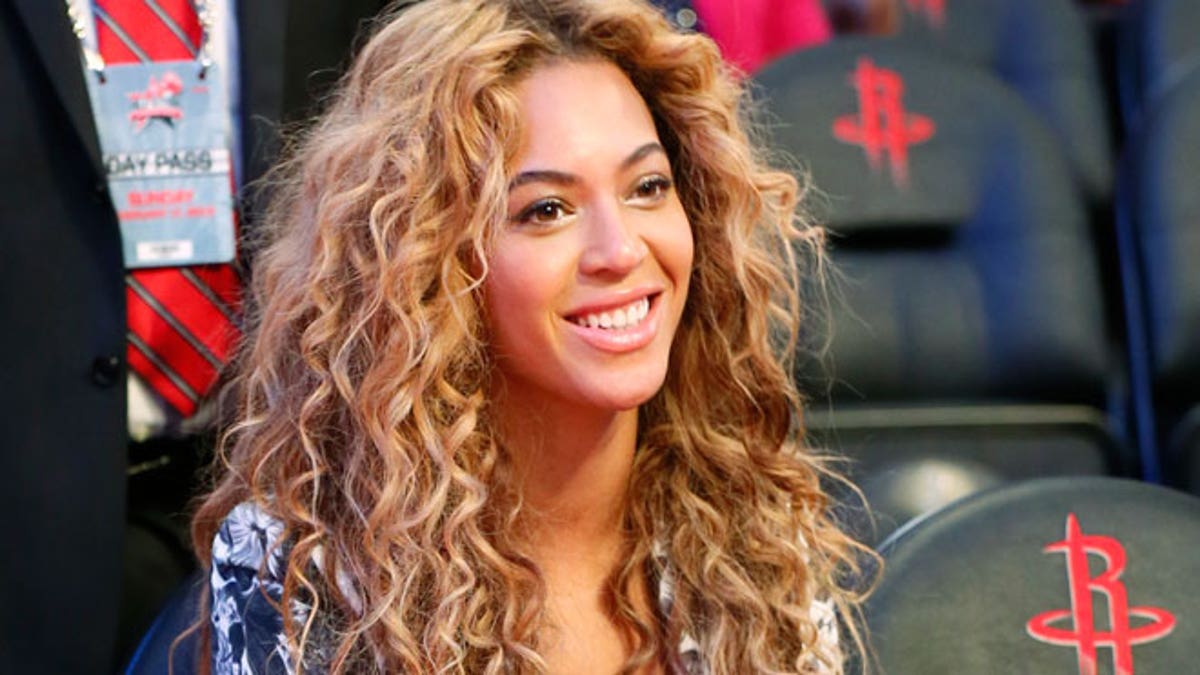
(Reuters)
Each of us, every single day, is either directly or indirectly influenced by celebrities.
They have a subtle, but powerful, impact on the decisions we make regarding our purchases, and believe it or not, our health.
There is a growing interest in analyzing whether celebrity influence, in fact, has a positive or negative outcome on health and behavior. A recent study published in The Journal of Pediatrics, looked at more than 180 children and noticed these kids often ate more potato chips after looking at TV ads that featured a prominent sports figure in England.
The influence of this celebrity seems to have more of an impact on their behavior than on the kids who watched commercials for toys and nuts.
There are no question franchises like McDonalds and Burger King have recognized the value of using toys and other offerings to influence childhood decisions. In addition, it is recognized that many soft drink manufacturers also have used famous celebrities (with substantial endorsement agreements) to extend the influence of their brand to children.
Research is consistent that kids are more likely to choose foods endorsed by celebrities, even when the foods are healthy.
While previous studies have shown kids were more likely to pick a healthier food option if it had a reward, it is still worrisome when one looks at the number of unhealthy foods that are still advertised.
Recently, Beyonce was signed to receive $50 million for a Pepsi advertisement. While Pepsi has made an aggressive effort to market lower calorie beverages, as well as smaller sizes, the impact of these powerful campaigns is clearly steering children in the direction of making unhealthy decisions.
While one cannot blame food advertisements as a direct cause of childhood obesity and other health issues, there is a growing concern about the magnitude of dollars that are spent to market unhealthy foods, which could potentially be better appropriated to solving our national health crisis.
The reason we see so many celebrities in advertisements and endorsements is that each of us try to form a personal relationship matching the person we want to be like. We try to emulate their lifestyle, or in some instances, we are just attracted to them and so we purchase the products associated with them.
Consumers are, in fact, getting smarter, and while celebrities do have “magic,” the decisions we make about purchases are not merely based on face-value.
Facebook has figured out, just based on when we click “Like,” that a lot of information about our preferences provides significant prospective to potential marketers and advertisers. While many celebrities use social media as a means of endorsing brands, many of them have failed to truly leverage the value of their following as a key asset.
As an example: Suppose a celebrity like Beyonce has 20 million followers on Twitter (in actuality, she has about 7.7 million followers). While her image in a TV ad is powerful, there is limited information available about the people viewing this ad, and what it does to influence behavior.
Oddly enough, there is much more data potentially available by analyzing Beyonce’s followers on Twitter, and looking at key words about their responses to her tweets.
Why is this important? Celebrities can have a tremendous positive impact in influencing human behavior. If social media and data are used the right way, in conjunction with a celebrity’s brand, this can be a forceful combination to actually drive positive outcomes in health – and still deliver healthy returns to companies and celebrities alike.
Celebrity influence is a great vehicle for change, but it’s time we create a responsible approach to leveraging its true value.








































